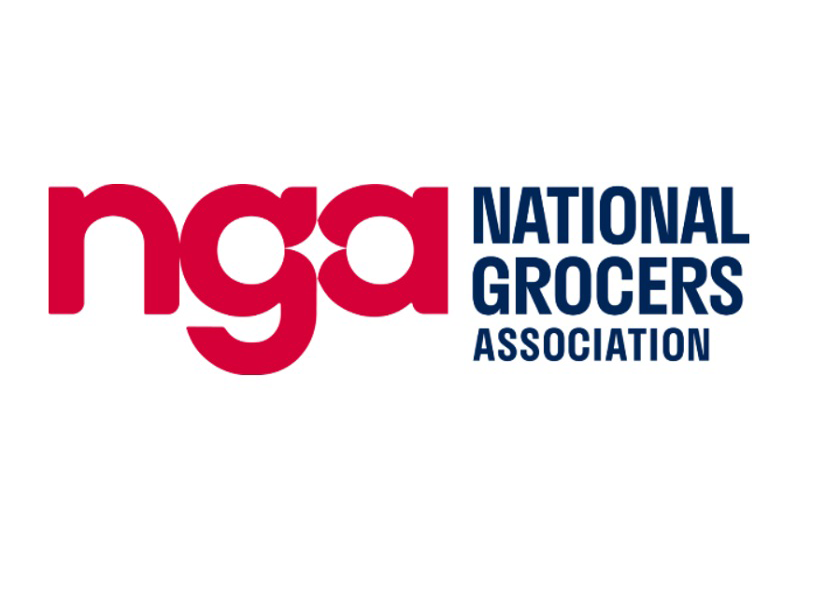National Grocers Association ad calls out power retail buyers

The National Grocers Association created a TV commercial saying the tactics of dominant food retailers are unfair and discriminatory, harming the ability of smaller, locally owned businesses to compete.
“For decades, dominant firms in the grocery marketplace have leveraged their buying power to demand special treatment through access to products, promotions and better prices from suppliers that are not offered to independent community grocers,” NGA CEO and President Greg Ferrara said in a news release.
Based in Washington, D.C., the association represents more than 1,800 independent grocery retailers, accounting for almost 9,000 storefronts nationwide. An independent retailer is a privately owned or controlled food retail company operating a variety of formats.
“Unchecked, anticompetitive behavior” can leave independent store owners and their shoppers with less choice and higher prices on food, Ferrara said.
“Independents aren’t looking for a free handout. They’re just looking for a level playing field to compete,” he said.
But in today’s marketplace, four big chains control 69% of the market share, which means they can push smaller competitors out of business, according to the association. Independent grocers have been competing on an uneven playing field for years, the association said, as dominant chains ignore antitrust laws and abuse their buying power to get better deals from suppliers, such as:
- Much lower prices.
- More favorable supply terms.
- Special package offerings.
- More product availability.
The association said that the biggest retailers can not only set favorable terms but also ensure that smaller grocers pay more and get less.
“Independent grocers have been feeling the financial squeeze from these anti-competitive tactics for far too long. As families continue to feel the negative impacts of high inflation, dominant food retailers are squeezing suppliers and as a result, forcing higher prices and fewer products on independent grocers and their customers,” NGA Senior Vice President and Counsel Chris Jones said in the release. “Lawmakers must stand up for Main Street businesses to demand an end to these discriminatory tactics and restore a competitive marketplace that benefits the local economy and grocery shoppers alike.”
NGA says independent grocers and grocery wholesalers aren’t the only ones feeling the negative impact of what the NGA calls economic discrimination; it's consumers too.
Between 2005 and 2015, the number of independent grocery stores in rural and minority communities has increased, while access to big chain stores has decreased, according to a USDA Economic Research Service report cited in the release.
All consumers are worse off when independent competition is eliminated and grocery becomes even more concentrated, the NGA said.
The commercial, paid for by NGA, was to appear March 29 on MSNBC’s “Morning Joe” and Fox News Channel’s “Fox & Friends.” It is also on YouTube.
The commercial opens with an independent grocer saying, “This is the only place you can buy fresh groceries for 20 to 30 miles.” A narrator in the ad follows with, “Independent grocers are the backbone of countless communities. But big chains are using their market share to squeeze suppliers and box out competition. Americans face higher prices, less choice and access to fresh food. Existing antitrust laws have been ignored for a generation. It’s time for a change.”
The ad comes as the Federal Trade Commission appears to be considering enforcement based on the Robinson-Patman Act of 1936. Also called the Anti-Price Discrimination Act, the law protects small businesses from being driven out of the marketplace by prohibiting discrimination in pricing, promotional allowances and advertising by large franchised companies. Recent FTC actions include:
- On March 27, FTC Chairperson Lina Khan remarked the agency is preparing to move forward with RPA enforcement actions in “short order,” according to the release.
- FTC is poised to finalize a 6(b) study into the grocery supply chain, authorized by a 4-0 vote in November 2021.
- In November 2022, the FTC adopted a Section 5 policy statement that called out “price discrimination” and “exclusive dealings” as antitrust law violations.
Also in its Section 5 policy statement, the FTC defined what conduct is considered an unfair method of competition with two key principles:
- The conduct must be a method of competition, meaning conduct undertaken by an actor in the marketplace — as opposed to merely a condition of the marketplace, not of the respondent’s making, such as high concentration or barriers to entry. Example: misuse of regulatory processes that can create or exploit impediments to competition, such as those related to licensing, patents or standard-setting.
- The method of competition must be unfair, meaning that the conduct goes beyond competition on the merits. Merits include: superior products or services, superior business acumen, truthful marketing and advertising practices, investment in research and development that leads to innovative outputs, or attracting employees and workers through the offering of better employment terms. Unfair conduct could be coercive, exploitative, collusive, abusive, deceptive, predatory or involve the use of economic power of a similar nature, restrictive or exclusionary. Also, the conduct must tend to negatively affect competitive conditions, such as actions that foreclose or impair the opportunities of market participants, reduce competition between rivals, limit choice or otherwise harm consumers.
NGA is asking its independent grocers, wholesalers and their customers to contact the FTC and urge the agency to enforce existing antitrust laws. More information is at nationalgrocers.org/antitrust.







